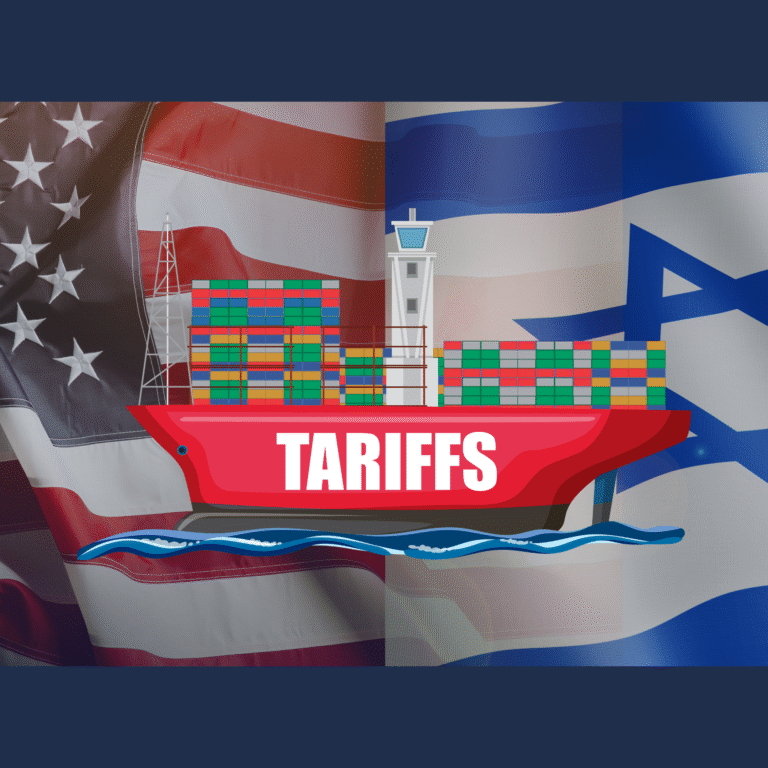

Here are some things to consider regarding financial planning for year end for US citizens living abroad.
2021 ending on an unsettling note
As we end 2021, we are beset with many challenges; first and foremost, one’s health and well-being. The new Omicron variant has created much uncertainty. At the time of writing, my impression is that it is more contagious, but milder in its impact versus previous variants. But it has had the effect of having people spend more time at home once again. Many people do not want to return to office jobs.
We had a webinar earlier in the month discussing various tax and fiscal reforms of President Biden. These too are on hold, in particular the Build Back Better Act – as pivotal conservative Democratic Senator Joe Manchin of West Virginia says he cannot support the current plan. Negotiations for a modified bill are in progress.
There are many cross currents in the economy, with the prospects of reduced liquidity in the financial system, higher interest rates and higher inflation. On my recent trip to New York, I noticed that it was taking longer for goods to ship, and that certain items in stores were in short supply.
Financial planning to-do’s before the year ends
The following are financial planning tips for US citizens living overseas, but they may apply to other individuals and families who are not expats, international families, or US citizens living abroad.
- From an investment and tax perspective, please review if you own any non US-domiciled mutual funds, exchange-traded finds and other non US “pooled investment vehicles.” If these are held over year-end they may trigger a US PFIC tax, which may increase your tax bill, and tax filing expense. Please consult your CPA on this matter.
- Look to offset realized investment gains with losses or vice versa in order to reduce capital gains taxes. This is something we review for our clients before year-end.
- Make sure that you take Required Minimum Distributions from IRAs before year-end. While there was a one-time Corona-induced waiver on RMDs in 2020, they are mandated once again for 2021. This is both for people over 72 for their own IRAs, plus distributions in inherited IRAs regardless of your age.
Year-end financial planning for US citizens living abroad: conclusion
Financial planning for expats at year end is important especially due to the somewhat complex nature of their wealth. But the planning is not to be considered in isolation – it goes hand-and-hand with investing. As you review your finances, please also consider some ideas we have shared in other blogs about expat investing.
Wishing you all a happy and healthy holiday season and successful and prosperous 2022. We hope you have enjoyed our summary of expat financial planning for year- end.
We are a financial advisory boutique with advisors in the US and in Israel and serving expats globally. If you are moving to Israel or another country and don’t know where to start when it comes to the financial side of things, please contact us.
If you would like to receive our updates, please sign up for the Nardis Advisors newsletter.
SUBSCRIBE to the Nardis Advisors YouTube channel or ongoing updates related to the markets, economy, and finance for expats.
CONTACT US to schedule a time to speak with Nardis Advisors regarding your portfolio and personal financial plan.
Norman H. Chait, CFA, Managing Principal, Nardis Advisors LLC,
December 29th, 2021
Disclaimer: Nardis Advisors LLC (“Nardis”) is a Registered Investment Advisory Firm regulated by the U.S Securities and Exchange Commission in accordance and compliance with applicable securities laws and regulations. Nardis does not render or offer to render personalized investment advice through this medium. The information provided herein is for informational purposes only and does not constitute financial, investment or legal advice. Investment advice can only be rendered after delivery of the Firm’s disclosure statement (Form ADV Part 2) and execution of an investment advisory agreement between the client and Nardis.





